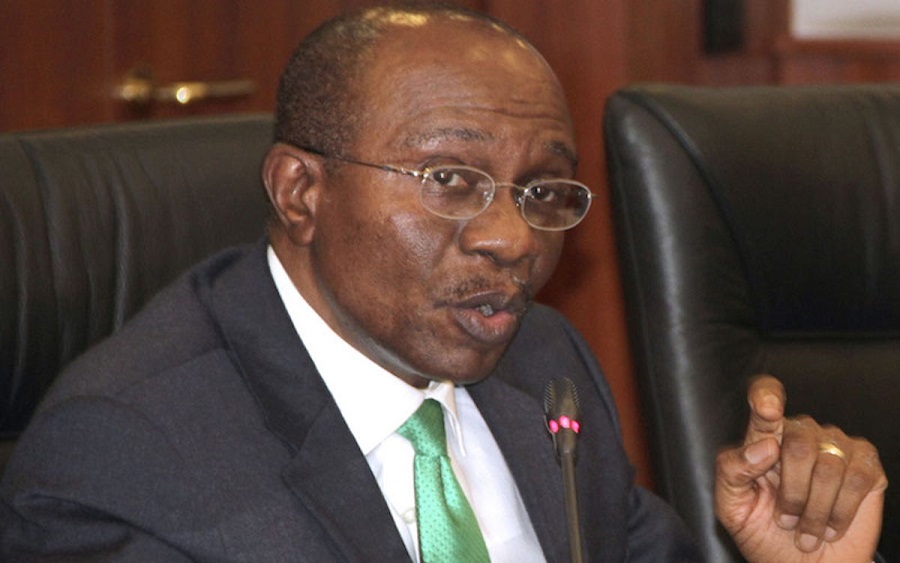The Central Bank of Nigeria (CBN) has imposed “penalties” on twelve Nigerian banks for breaching the regulator’s directive on lending to the real sector of the economy. The CBN debited a combined sum of N499.1 billion from the vault of the banks and will hold the cash at zero percent interest rates. Most analysts see this as a penalty on the banks affected.
Nairametrics had reported that the CBN directed banks to maintain a minimum Loan Deposit Ratio (LDR) of 60 percent by September 30, 2019. The LDR was reviewed upwards from 58.5% to 60% with the banks informed to main the LDR till September ending. The LDR has now been increased. All DMBs are to now attain a minimum LDR of 65% by December 31, 2019.
The banks had been warned by CBN Governor, Godwin Emefiele, of a penalty if they failed to attain the LDR by ending of September 2019. The CBN Director, Banking Supervision, Ahmad Abdullahi, had also stated in July that, “Failure to meet the above minimum LDR by the specified date shall result in a levy or additional Cash Reserve Requirement equal to 50% of the lending shortfall of the target,”.
List of banks affected: The following banks couldn’t maintain the LDR and their accounts were purportedly deducted as follows;
- Citibank (N100,743,055, 321)
- First Bank of Nigeria (N74,668,880,480)
- FBNQuest Merchant Bank (N2, 697,456,144)
- First City Monument Bank (FCMB) (N14, 371,064, 742)
- Guaranty Trust Bank (GTBank) (N25, 147, 933, 628)
- Jaiz Bank (N7, 525, 165,552)
- Keystone Bank (N4, 162, 938, 879)
- Rand Merchant Bank (N2, 823,177,399)
- Standard Chartered Bank (N30,027,137,984)
- SunTrust Bank (N1,703,205,427)
- United Bank for Africa (UBA) (N99,676,181,916)
- Zenith Bank (N135,629,337,625).
In July, Emefiele had blamed the inability of banks to lend to the private sector on the latter’s choice of investing in risk-free securities rather than lending to the real sector of the economy. Although this directive to encourage Small and Medium Enterprises (SMEs), retail, mortgage, and consumer lending places banks at higher risk, it will be a major boost for Nigeria’s real estate sector.
Also, home buyers with good jobs may easily secure mortgages as more banks will consider this a better lending option since the loans will be secured against the property.
Reacting to reports by a section of the media describing the deduction as heavy fine of banks, the CBN has clarified that the deductions were only proportionate to the levels of default and banks are not losing the money. Nairametrics had also earlier reporting this deduction as a fine.
CBN’s Director of Banking Supervision, Mohammed Abdullahi at the end of the Bankers’ Committee’s meeting reportedly disclosed:
“It is wrong to say the deductions are fine because the banks are not losing the money to the CBN. The only implication is (that) the amount debited would not be invested in money market instruments by them. Once the affected banks raise their lending to the deposit threshold, their accounts will automatically be credited.
“CBN never said there is going to be a fine. The circular said at the cut-off point in the event of banks not meeting the threshold, funds would be debited from you and added to your CRR. What you have there is not a fine, neither is it a levy, but a shortfall based on the parameters set by the CBN. It is going to be a continuous process.”
Note: An earlier version of this article described the deduction as a fine. This has now been corrected as a “penalty”.












